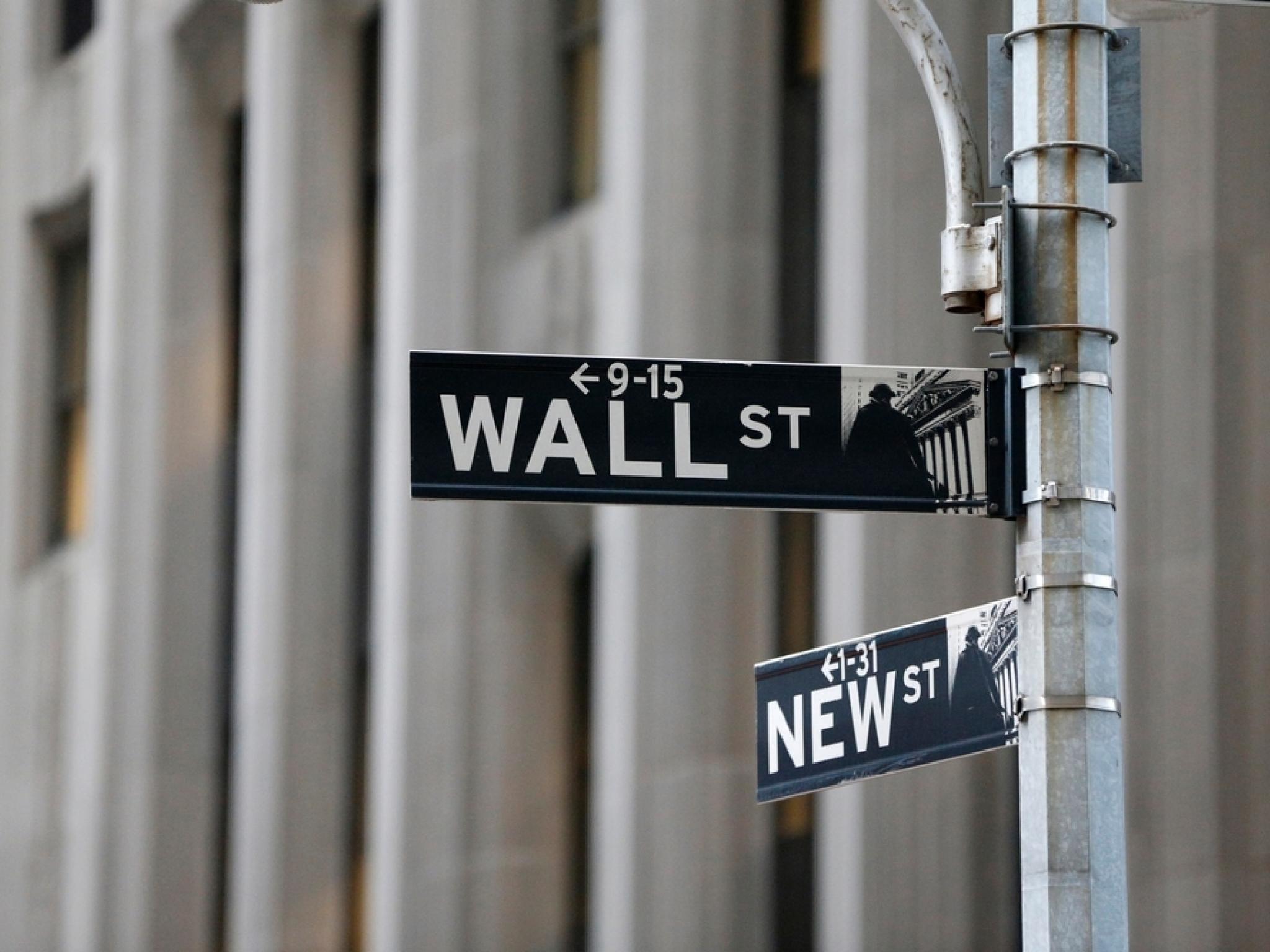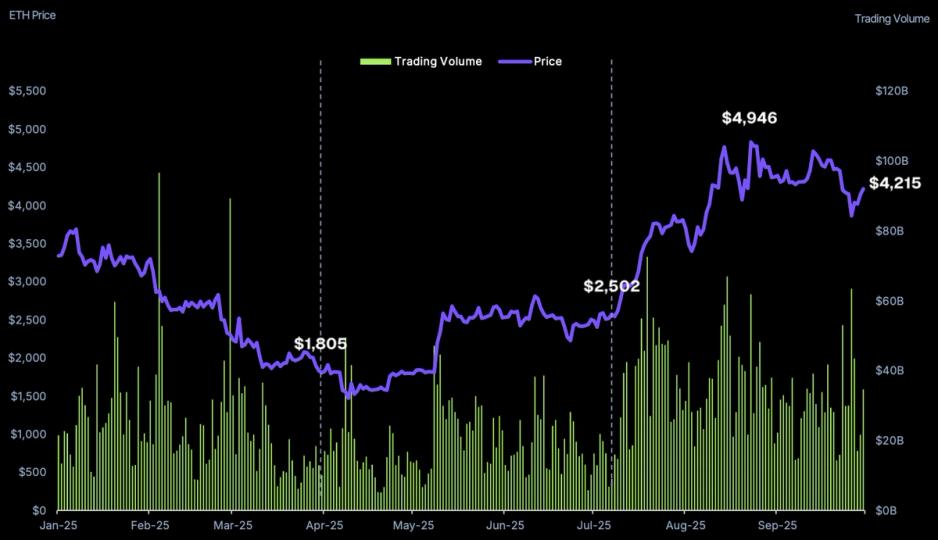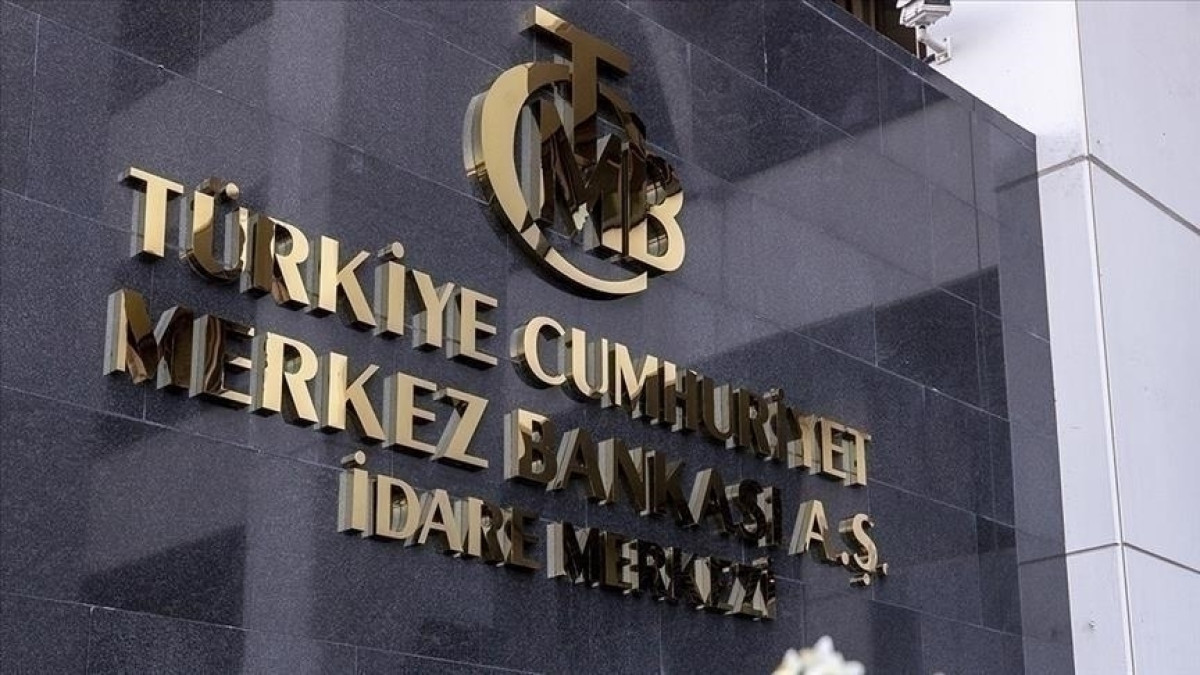Wall Street Fear Index Reaches 6-Month High

Banking Concerns and Trade Tensions
Recently, alongside the trade tensions between Washington and Beijing, signals of weakness from regional banks in the United States have caused fluctuations in the stock markets. In the past few days, all three major U.S. indices closed negatively, adversely affecting investors' risk appetite. For instance, the Dow Jones and S&P 500 fell by 0.6%, while the Nasdaq lost 0.4% in value.
Market Decline Continues
The downward trend continued in pre-market trading as well. S&P 500 and Nasdaq futures saw declines of over 1%, while the Dow Jones also lost 0.7%. This situation has directed investors' attention to several controversial developments.
VIX Index on the Rise
Known as Wall Street's fear gauge, the VIX index rose by 7% in this environment of uncertainty, reaching a level of 27.18, the highest in the last six months. This situation signifies a return to the month of April when Trump announced the first wave of tariffs. For investors, this indicates an increase in risk.
Banking Sector Troubles
Zions Bancorporation (ZION) shares fell by 13% following an unexpected loss announcement from its California branch. Another regional bank, Western Alliance (WAL), lost 10.8% in value after announcing it filed a fraud lawsuit. Such news is increasing the challenges faced by lenders in managing economic uncertainty amid high-interest rates.
Developments in Trade Relations
U.S. President Donald Trump stated that tariffs of 100% will be imposed on China starting November 1, following restrictions on the export of rare earth minerals by China. The intensification of trade tensions is leading to increased uncertainty for investors regarding the future. Tom Hainlin, an investment strategist at U.S. Bank Wealth Management, expressed that the uncertainty in trade relations is contributing to the instability in the markets.
```Benzer Haberler
.png)
Yakında Tüm Platformlarda
Sizlere kesintisiz haber ve analizi en hızlı şekilde ulaştırmak için. Yakında tüm platformlarda...








.png)